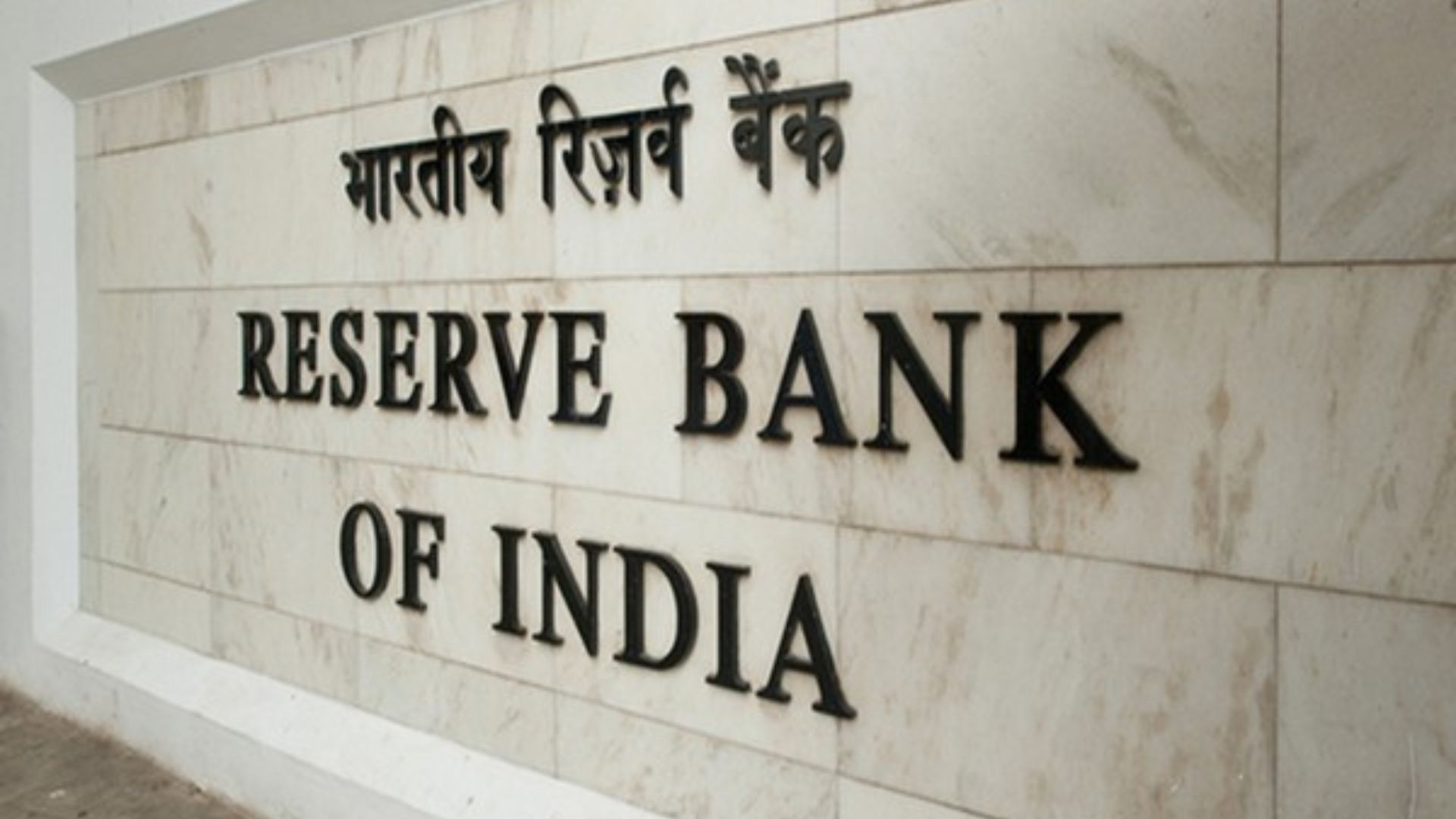Early trend of joint family system was diminished from its core presence and superseded by the nuclear family system with the sudden merge of globalization and modernization in the Indian society. Irrespective of the nature of family there is a designation called the head of the family, may be male or female with whom the vested and absolute rights with regard to ancestral property and self acquired property.
The mode of succession can be testamentary i.e. vide “WILL” or non testamentary i.e. “WITHOUT WILL”. The passing of property in succession varies with respect to religion, nature of family and presences of lineal descendants. Law regulates the mode, quantity and division of property to be succeeded. First, you need to understand how property undergoes succession under different circumstances and basis and statute regulating the same.
Death without Making a WILL
Death without making a will includes the circumstances where there is total absence of will, incapability of executor of the will, incapability of the will to function and if the property is transferred for any illegal purpose as said under the law for the time being. Hindu Succession Act 1956 regulates Hindu, Sikh, Jain and Buddhist. Indian Succession Act regulates Christians, Parsi and Jew. Whereas Muslims are regulated under Muslim Personal Law Application Act, 1937; the interfaith marriages are governed under the Special Marriage Act, 1954.
For Hindus
In case of testamentary succession, the division of property will be based on the WILL and is regulated by respective above said laws. If a Hindu male or female dies, the heir ship is divided into five categories, namely Class I heirs, Class II heirs, agnates, cognates and government. Class I heirs include husband or wife, mother and children. As far as Class II heirs are concerned, the property can be inherited to father, brother, sister, children of sons and daughters. Agnate means relationship with deceased and the heir wholly through male descendants. Cognate means relationship between deceased and heirs through blood or adoption but not wholly through males. With respect to priority it is “Class I heirs> Class II heirs > Agnates > Cognates > Government”. With the amendment of section 6 of the Hindu Succession Act 1956 in 2005, the male and female is entitled to equal rights and liabilities and the division of shares will be done same.
For Christians
Under the Indian Succession Act, 1925 there is no difference between deceased person’s relatives of father’s and mother’s side. There is no concept of full blood and half blood and also a born child and unborn child in the womb. It entails equal rights of inheritance. Application of succession to Christian female is bestowed through the landmark case of Mary Roy v. Union of India.
For Muslims
Under the Muslim Personal Law (Sheriat) Application Act, 1937, the law is the amalgamation of four sources of Islam i.e. the Holy Quran, Sunnah i.e. the practice of the Prophet, Ijma i.e. learned men’s consensus on decision on a particular factor and Qiya is the decision taken in line with the laid down principles of God. Under this succession there is no differentiation in share of rights and division of property between men and women. This law contains two other laws that are the Sunni and the Shiah law by which former goes for per capita distribution of property whereas the latter goes for per strip distribution of property. Per capita signifies total estate will be distributed equally among the heirs and per strip indicates the inheritance of strip the belong to. As like Hindu law, if the deceased has no heirs then the property shall go to government.
A Muslim widow without child inherits one-fourth of the movable property and one-eighth of the immovable property of her deceased husband. Step children have given no share of rights from step parents but they can inherit from stepbrother or step sister.
Irrespective of the religion, there will be a head(s) that will be holding the inherited property and self acquired property till their death. There is no law which describes the administrative procedure that shall be followed to transfer and inherit the property after the demise of the said head(s). Here are some inevitable documents without which we cannot transfer or convert the self acquired or immovable or movable property of the deceased. The procedure for the same differs from region to region and from state to state.
Death Certificate
It is the only document which proves conclusively the demise of a person on said date due to said reason. It is issued by the hospital or clinic which confirms the death of the person. The certificate plays exceptional role in closing or modification of bank accounts and transfer of money in the bank account in the form of bonds, fixed deposits, recurring deposits; transfer of shares in a company; modification of government documents and inheritance.
Legal Heir-ship Certificate
Legal heir certificate is a document that establishes the relationship between the deceased and legal heirs. The certificate can be obtained by furnishing death certificate of the deceased before concerned corporation or municipality. The purpose of this certificate comes on the sudden demise of the family member or the head of the family. However this certificate cannot be used to claim insurance, employee benefits, property registration and so on. The certificate is never a conclusive proof as per the Indian law. The certificate can be obtained by parents, children, siblings or spouse of the deceased.
Nominee
Nominee is a person whose name is given by another person to deal and inherit the monetary subjects such as insurance policy, bank accounts fixed deposits etc after the demise or inability to function himself by the latter. The latter is commonly known as the account holder. The account can be in a bank, co-operative society or even share/ stock enterprises.
These are the three elements that are essentially required to inherit properties both immovable and monetary after the demise of the person.
What to do with deceased person’s bank accounts?
The general rule is that after the date of demise of the account holder, there shall not be any transaction made from that account. If any person including legal heir draws any amount after the demise, the person will have to deposit money back to the account. If the bank feels any suspicion it is free to conduct any inquiry on the same. As per RBI rules, after the demise of the account holder the amount shall be transferred or inherited to the nominee imputed by the account holder in his statement. If there is no nominee, the amount will be divided equally and given to all legal heirs. If there is a situation of any dispute with regard to legal heirs or the subject matter, the same shall be decided by a civil court of appropriate jurisdiction. The same is applicable in co-operative societies and other financial institutions collecting deposits.
This can be administered only when an application made along with death certificate of the deceased account holder. There are variations in procedure in different regions and states but such procedures strictly stick to the Reserve Bank of India rules.
Nominee versus Legal Heir
The rights of nominee on the balance in the deceased depositor’s bank account supersede the right to inherit by a legal heir. That is, if nominee is a third party, the balance deposits of all form will be transferred to him/her.
Inheritance of Stock
The stock inherited to the legal heir on the event of death of original holder is called inherited stock. On inheritance the cost will step into the value of security at the date of inheritance. The tax on inherited stock is not applicable in our country.
So, what about Property Inheritance?
In case of joint undivided property, your rights will be already mentioned in the deed. Hence the legal heirs shall go to court or Revenue Department Officer or any other authority capable to do partition of property with the death certificate and legal heir certificate. If the joint property is divided and there is no dispute as to division of land, the right can be transferred by a village officer or any other concerned authority.
Land Tax?
In order to transfer/ inherit the duty of payment of land tax, the legal heir has to approach the concerned Taluk Office with the death certificate of the deceased and legal heir certificate along with an application for the same to the concerned officer. Taluk office will then revert to the village office after changing the thandaper or pattadar. Irrespective of the remittance of tax by the deceased, the legal heir shall remit the tax to imprint his/her name in the tax receipt.
What happens with NRI?
In a regular fashion NRI assets are inherited by creation will, whereas in the absence the legal heir shall approach Indian Courts to obtain succession certificate. The major documents to be produced in the court include death certificate of the deceased and birth certificate of the legal heir or the successor. In case, the deceased has written a WILL, then the successor for Probate in the concerned civil court. If the deceased has not appointed an executor, there comes the requirement of Letter of Administration through which the beneficiaries are given all the rights of the executor. It is obtained from a court of competent jurisdiction. The NRI successor can inherit from another NRI or Person of Indian Origin by adhering to the permission from RBI if the succession is to a foreign state citizen. The NRI can inherit from another NRI in case of repatriation by submitting proof of inheritance and amount shall be less than 1 million USD.
Concluding Remarks
As already said, the structure of procedure to be followed for succession and transfer of movable and immovable property is the same across India but there are variations in the masculine part of the procedure, which vary with respect to regions and states. Considering this I have dealt the topic in general perspective. In India there is a huge bundle of administrative and legal formalities. The best way to tackle this dilemma is to engage a tax practitioner, a lawyer and a person from concerned municipality; so that they are well versed with dealing the same and your work will be completed in a short span of time.
Adv. Anu Bhuvanachandran is Partner, Outsay Legal. She practices at the Delhi High Court.













